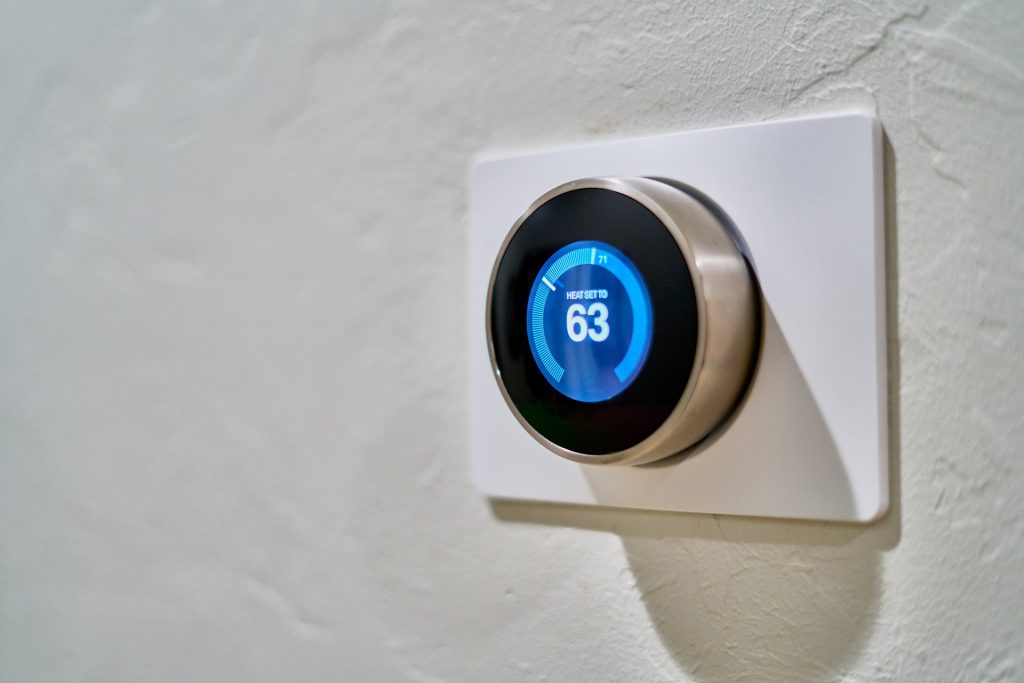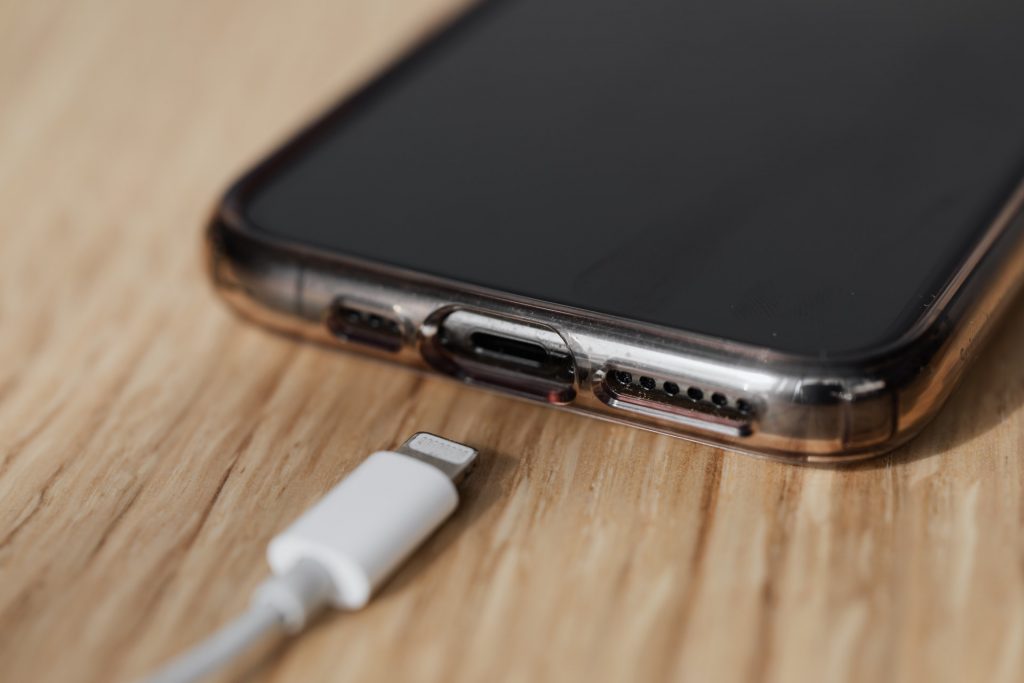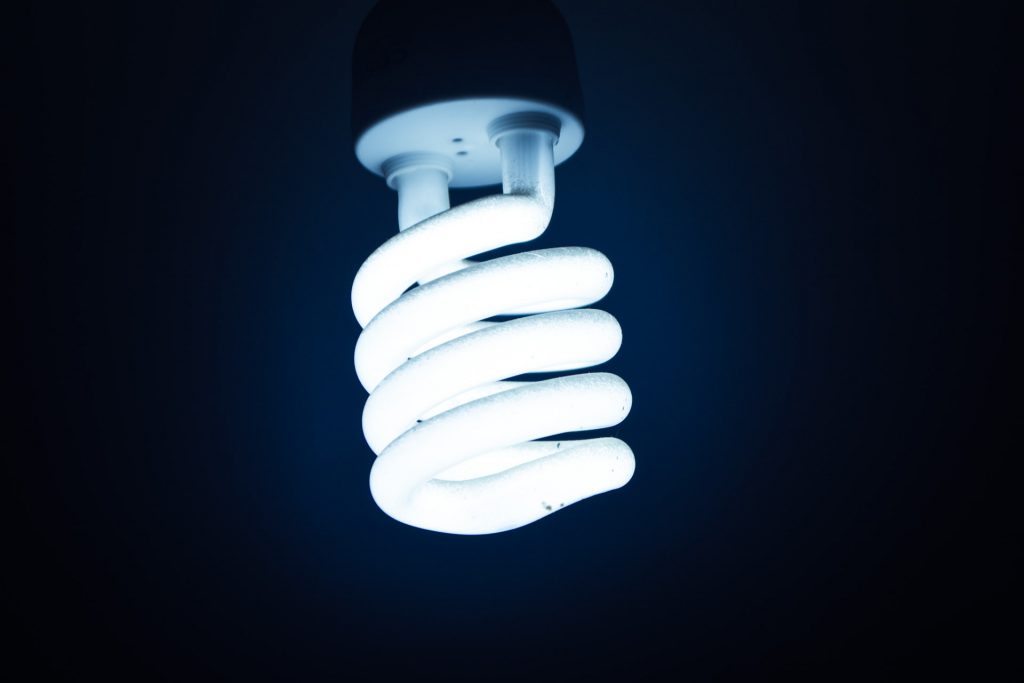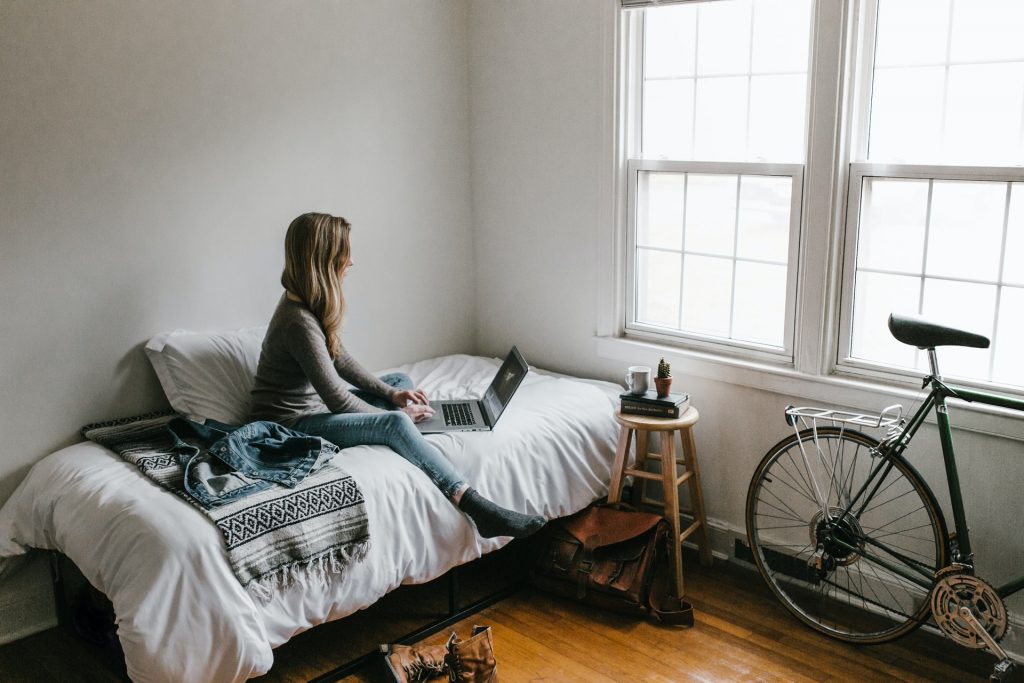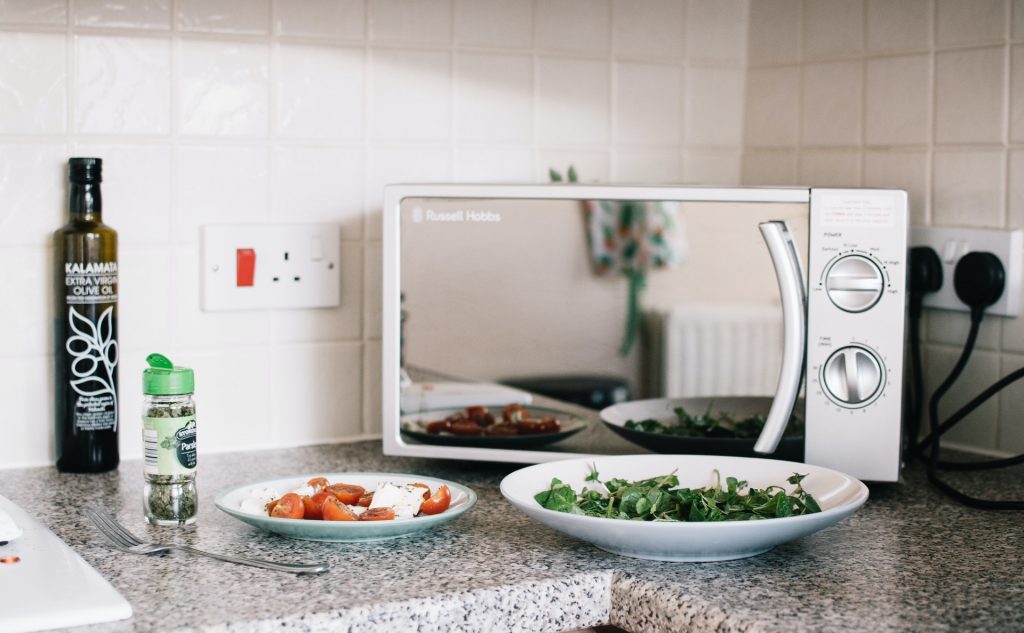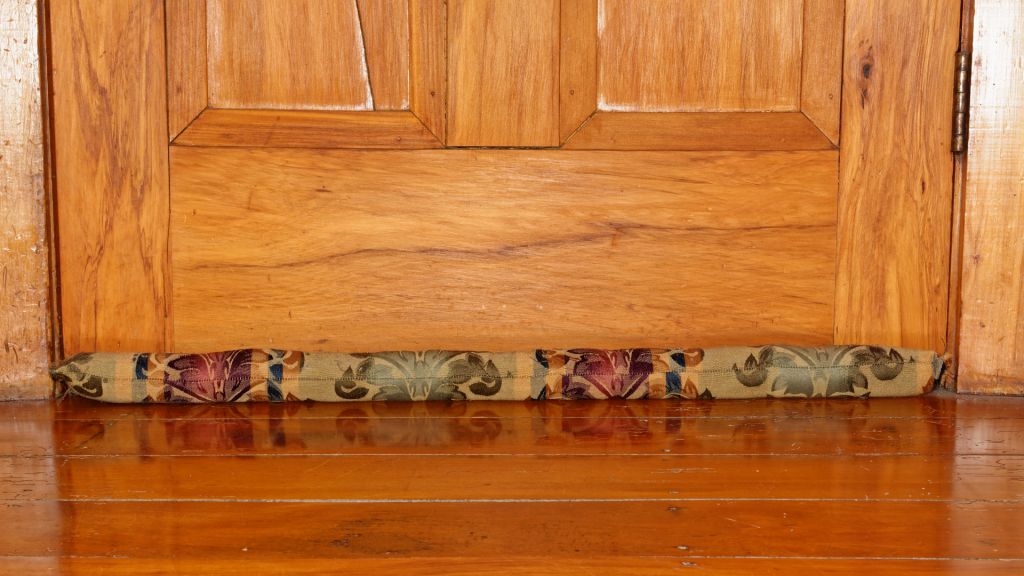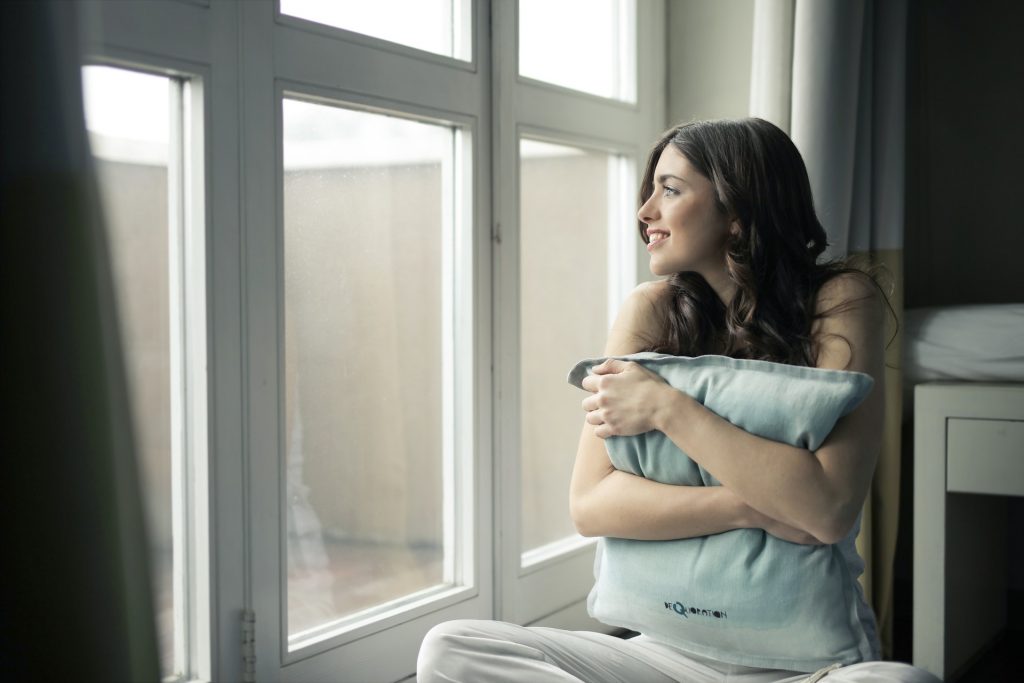It may be hard (or perhaps all too easy) to realise that we have been living with lockdown and restrictions for almost a year. Many of us have never spent as much time inside the our own homes, with working from home the new norm, and our children logging onto the home computer for class rather than hopping on a bus.
Living, working and schooling at home has meant that our energy use has increased – with some estimates putting this increase between 20-30%. The times when we use energy is changing, too, as our daily habits change – more energy is being used across the day compared to the traditional morning and evening (Coronation Street) peak!
Increasing energy usage means increasing bills. So, if you are feeling the squeeze of these bills and would prefer to ease them down a touch, we would recommend a number of different tactics to reduce your energy use. And many of these are ‘no or low‘ cost to implement. Have a look below to see which might be something you could use today:
Turn your thermostat down by one degree
We agree that shivering away in your home office doesn’t make for a productive work environment, but by turning down the thermostat by just one degree, you could save around £60 a year. That makes for a better bank account without a noticeable shift in temperature.
Turn off stand-by appliances
We would have always recommended turning off devices you are not using as they can be the biggest culprits of wasted energy. Now, seeing as you are only a few steps away from whatever item you may have left on at the plug, it’s even easier to make sure that your devices are turned off, completely. you can save around £35 a year just by remembering to turn your appliances off.
Microwaves and TVs, for example, don’t need to be on unless you are using them, but still use a little bit of power throughout the day if left on standby. You may have also been sent a few additional office devices to help you work from home better, such as a printer or a scanner. It’s good to also make sure these are completely off as well.
Don’t over-charge
Some of us like to work with our laptops plugged in all day, and maybe our phones and tablets too, and while it’s nice not to worry about what your current battery level is, this behaviour saps your home’s energy and adds to your bills. Try only charging a device until it is fully charged, or even almost fully charged, and then switch the charger off at the plug to avoid expending any surplus energy.
Adjust your work uniform
You may have been used to arriving in a well-heated office and working in comfort with minimal layers, but with office life still a little far off, you may consider adjusting this work attire. While you are at home, make jumpers and cardigans your best friends in resisting the urge to turn your thermostat up a notch, and leave your more summertime styles for warmer months. You may also consider investing in better footwear and swap the standard black socks for something a little thicker and woollier, or even some toasty slippers that’ll have your nan green with envy.
Swap your light bulbs
If you’re running traditional light bulbs, make the inexpensive switch to energy-efficient LEDs. It has even been reported that if you swap out 8 different bulbs around the home for LED alternatives, you could save over £1000 over the lifetime of the bulbs. That’s good for the environment and your wallet.
Be aware of your lights
While swapping lightbulbs is a great idea, you may consider how much you need to use them at all. In many instances, natural daylight is more than enough to illuminate your workspace, so we would recommend leaving your curtains and blinds open and letting the sun shine through. Not only does this cut back on energy use, but it can also help you keep a better schedule, as you will be more aware of the day’s light waning and the evening approaching.
Cooking economically
You may have previously been one for eating out at lunchtime but are now having to cook for yourself and other household members instead. Eating in, of course, is already a big money saver, but you can be even more economical by being careful about how you cook as well.
For example, ovens are more taxing on your energy bill than a microwave, so you should cook simple meals and reheat leftovers in the latter instead. Similarly, if you are using the hob, make sure to cover the pot with a lid to conserve as much heat as possible, and try to match the size of your pan or pot to the ring you are using, too.
We would also recommend boiling water in a kettle as opposed to using the hob, and only the amount you need, as well. All those coffee and tea breaks can really add up if you’re boiling a litre of water at a time!
Rethink your breaks
Now that you’re at home, you may be excited to spend a half hour in the middle of the day catching up on a TV show or completing the next level of your video game. If you are feeling more energy conscious, however, and really want to make cut backs in order to save on your bills, you may consider different activities instead.
Reading a book, for example, requires no additional home energy input, and neither does taking the dogs out for a walk.
Covid-19 has been tough on all of us and its important we look out for one another and look after our own mental health. A great source of information in Northern Ireland is covidwellbeingni.info. On this website you will find a comprehensive range of information, self-help guides and ways to access help to support your mental health and wellbeing.
Block out draughts
Draughts can be a real pain. Typically, these nasty little breezes affect older houses and apartments which have suffered from the effects of shrinkage and time, but newer homes can be impacted as well.
A simple fix to your draught problem is to, of course, find the problem areas where air is moving, and block them. It can be as inexpensive as using old towels to stuff the space under a door, but you can also invest in draught excluders and blocking strips, too.
Invest in an energy efficient home
Draughts can be a nuisance, but oftentimes, the problems with heating our homes have more to do with larger, more extensive issues, such as single-glaze windows through which heat readily disappears, or an old, inefficient boiler which burns more oil than a newer model might. Poorly insulated roofs and old water tanks can also be culprits of high energy usage, and these are issues which typically require a little more investment to see real results.
For example, adding new or ‘topping up’ insulation to your roof space may cost around £50-£100, but could payback the cost within 1-2 years with reduced heating bills. Similarly, 18% of heat is lost through our windows, so if are able to upgrade to double glazed windows from single glazed, you could save up to £150 per year on your bills, depending on your house type.
Change energy provider
The easiest and most direct way to save money on your energy bill is to simply switch your provider or your tariff. With Power to Switch, finding a new and cheaper energy deal is simple. All you have to do is enter a few details about your current tariff into our calculator to find out which deals are available. And we’ll show you which one is going to save you the most money. All you have to do then is make the switch.
For more on this, you can have a look at our price comparison tool now, and start finding out how much money you could be saving on your energy bills.


